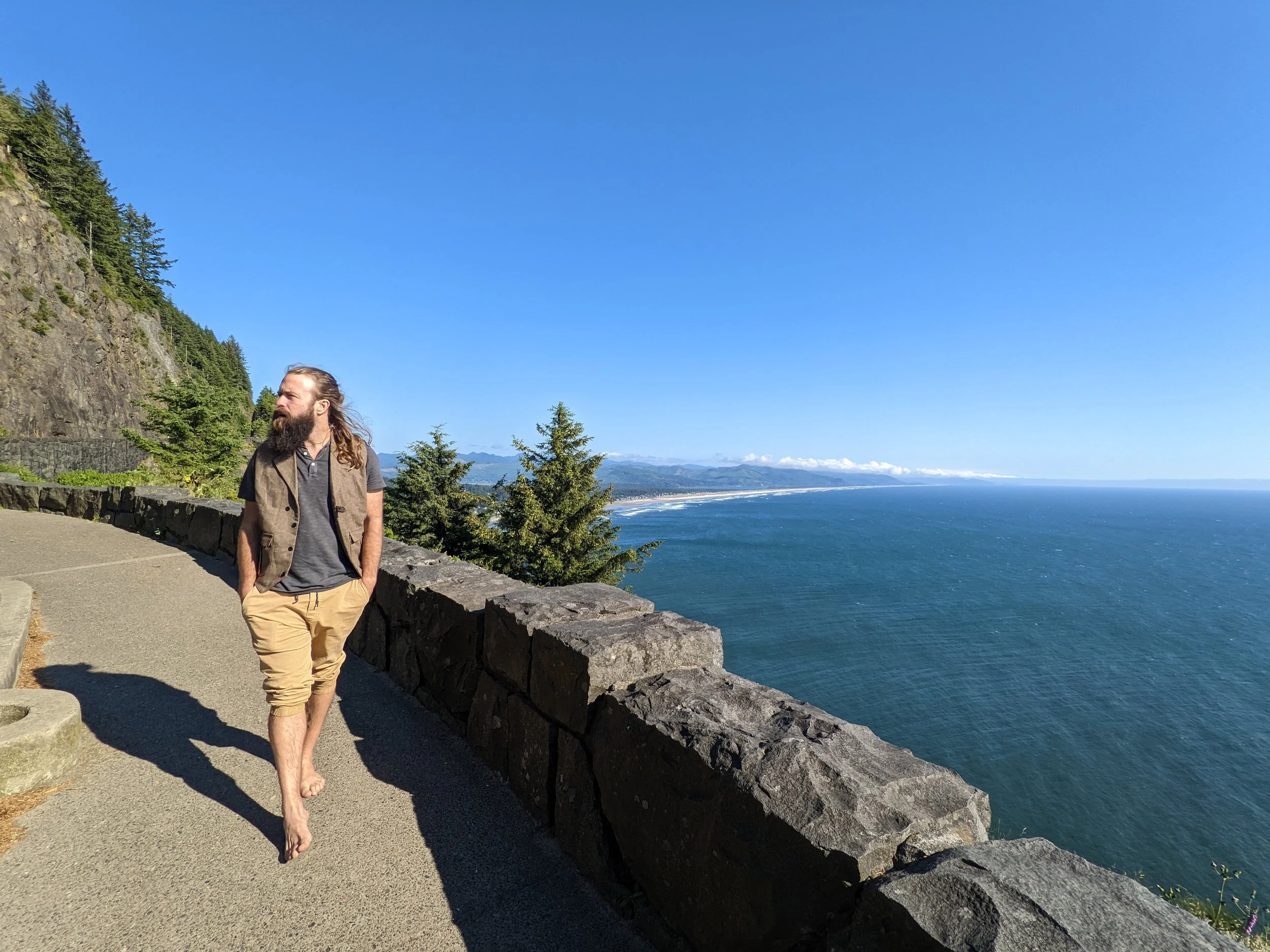Pedagogy
— Inspired by holistic, child-centered philosophies like Montessori and Reggio Emilia, the following principles are the cornerstones of my approach to education. —
“Sometimes getting away from school is the best thing can happen to a great mind.” - Sir Ken Robinson
Children naturally want to explore. They observe and tinker with the world to better understand it. With the opportunity to connect to the natural world and the community, students ask questions about what they experience. Questions lead to learning.
Exploration
Discovery
"Our aim is not merely to make the child understand, and still less to force him to memorize, but to so touch his imagination as to enthuse him to his inmost core." - Maria Montessori
Sparking curiosity and making memories are crucial moments for building a lasting love for learning. The most effective way to support a child in their pursuit of knowledge is to engage their interests and imagination.
Reflection
"How people treat other people is a direct reflection of how they feel about themselves." ~ Paulo Coelho
Self reflection is necessary for self improvement. In order to develop resiliency as well as empathy, one needs to spend time in reflective contemplation. There are many languages to facilitate student reflection from visual art to conversation to the written word. Whatever medium, introspection builds wisdom, strengthens a growth mindset, and nurtures kindness.
Creativity
''Our task, regarding creativity, is to help children climb their own mountains, as high as possible. No one can do more.'' - Loris Malaguzzi
There are many paths to a peak and every person has the right to discover their own route up the mountain. By maintaining a kind, nurturing environment, students feel safe to take positive risks. This challenges them to think outside of the box and reach for alternate solutions without anxiety. Creative, confident, critical thinkers are essential to face the everchanging complexity of the real world.
“To assist a child we must provide him with an environment which will enable him to develop freely.” - Maria Montessori
When students learn something for themselves that knowledge stays with them. Our role is to prepare the environment for each student to have access to these discoveries on their own. By fostering a collaborative environment, students learn with peers. Providing access to resources, gives students the tools they need. Patience is essential to give room to the students. Mistakes are learning opportunities, and educators must develop a culture of growth within their communities.
Independence
Community
"Our task is to help children communicate with the world using all their potential, strengths, and languages" - Loris Malaguzzi
Human beings are social creatures. We learn from each other through observation and collaboration. By building an empathetic, patient community students learn to treat others as they want to be treated. Students share their feelings, listen before reacting, and express their personal/emotional needs. To help build this culture of positive communication, we embody the idea of connection before correction.
